A traveling storyteller of a living culture
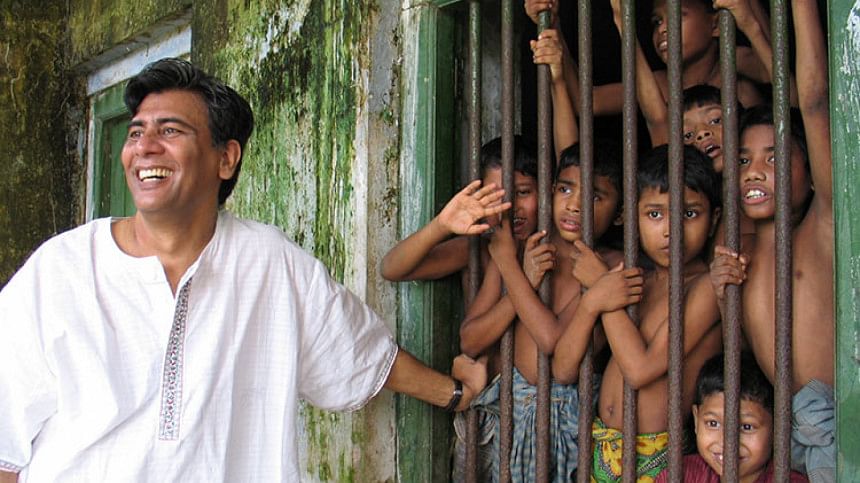
Tareque Masud, a name highly regarded by Bangladesh and the international film fraternity, was an enigma. A film activist by heart, his legacy is not only limited to his films but also include his ideas. On this fateful day, the Bangladesh film industry lost one of its finest filmmakers in an unfortunate road accident on August 13, 2011. On his 12th death anniversary, The Daily Star looks back at the life of this fascinating filmmaker.
"In Sufism, the human body is made of clay, and the soul is always associated with a free bird. This soul is encaged in a clay body, and the body is very limited, very transitory, fragile, weak; the soul always wants to be free and has an immense desire to be free," Tareque Masud, the esteemed filmmaker, said on naming his most renowned autobiographical film, "The Clay Bird," in an interview.
Widely acclaimed, Tareque acquired a much-loved title, Cinema Feriwala, the Peddler of Movies, as this storyteller didn't stop at making socially responsible, relevant, religiously 'awakened,' and politically 'incorrect' cinema, docu-fictions, short films- he ensured that the people whom he made films for and with, experience these with him.
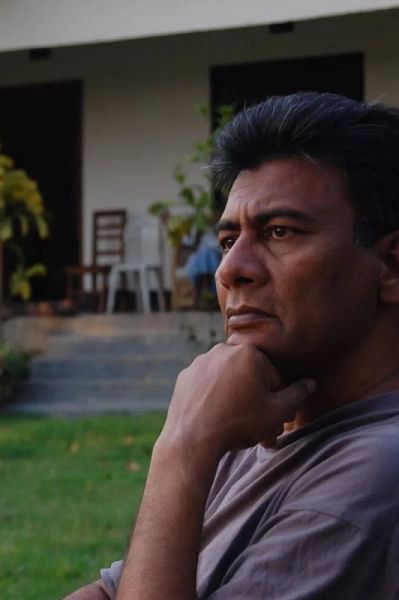
His notable productions include "Sonar Beri" (1985), "Adom Surat" (1989), "Muktir Gaan" (1995), "Muktir Kotha" (1999), "Matir Moyna" (2002), "Ontarjatra" (2006), "Runway" (2010) and the unfinished project "Kagojer Phool" (2011).
A man with strong conviction and tenacity, Tareque, with his beloved confederate in life and filmmaking, Catherine Masud, brilliant cinematographer Mishuk Munier, and their trusted crew traveled all through the villages of Bangladesh to reach the common masses with their films.

To understand Tareque, we need to first look into one of his earliest and most outstanding works of art, "Adam Surot," which he made about the legendary impressionist mystic painter S M Sultan. In 1982, he, along with his Kaleidoscope camera and a very limited number of films, went to Narail and shot this 54-minute documentary over the next seven years, which would later change the history of Bengali cinema.
Tareque was more of an archivist, the finest kind, than a filmmaker. He and Catherine made "Muktir Gaan" by painstakingly collecting and stitching footages of 1971 shot by an American filmmaker, Lear Levin, along with other archival footages. The film proceeds with a musical troupe, traveling from one place to another during the Liberation War, entertaining and motivating refugees and freedom fighters.
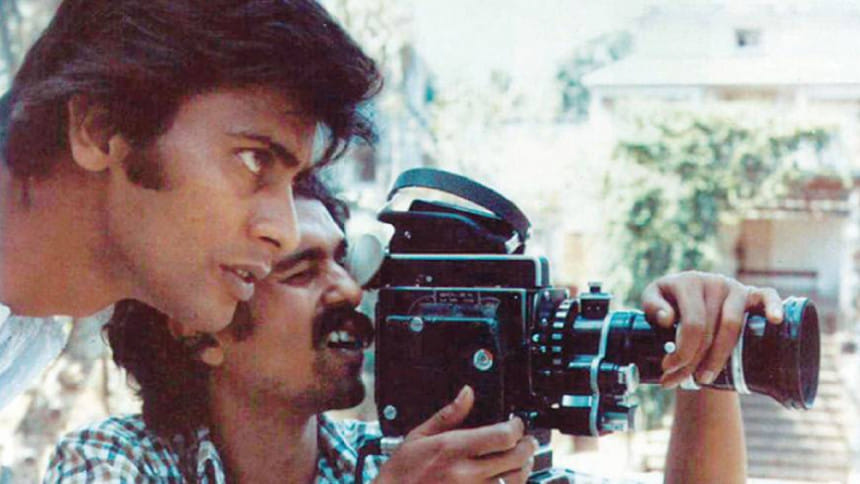
In a sense, the tremendous appreciation of "Muktir Gaan" on national and international grounds paved the way for another of his masterpiece, "Muktir Kotha",-- a film featuring real stories of freedom fighters, as told by them — an oral history project, a painstaking narrative, too bold to ignore.
"The audience of the film 'Muktir Gaan became the protagonists of 'Muktir Kotha'...When they saw 'Muktir Gaan', they said, it is good, but we have also fought; our stories are not there in 'Muktir Gaan'; we will tell our stories, and thus 'Muktir Kotha' was made," Tareque Masud explained in an interview.

Tareque's brilliance in utilizing Moushumi Bhowmik to render Allen Ginsberg's iconic poem on the refugees of the War, "September on Jessore Road", deserves a separate mention by itself. The song, with Bhowmik's mesmerizing voice and accompanied by scenes of devastated refuges shown on the screen, sparks a sense of horror, morbidity, and melancholy in the audience, an impact that lasts for some time even after the film is over.
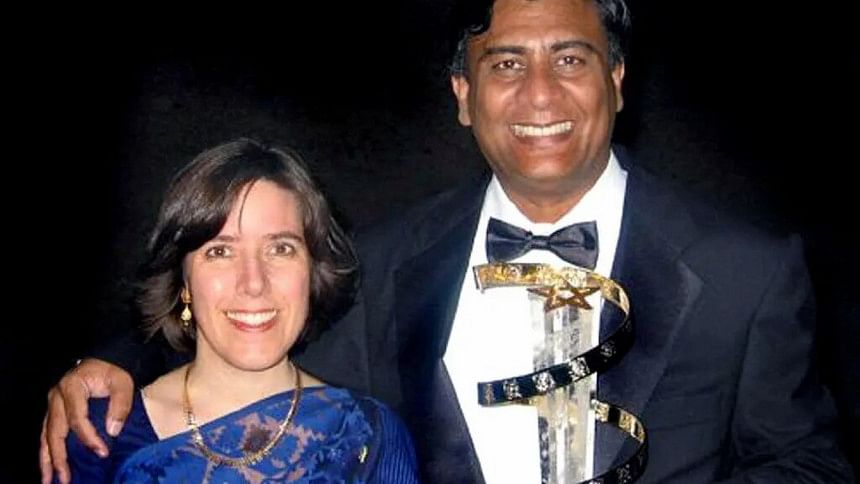
A film activist at heart, Tareque did not shy away from presenting stories of people who may be argued to be relatively underrepresented or voiceless — the poor, the marginalised, and the minority groups.
Tareque Masud's artistic mind was not only engrossed in art, but he also went out in search of his Bengali roots. He also went out to seek the existence of a larger society beyond the concept of religion, freedom of expression, and ethnicity. To understand Tareque Masud, we need to adhere to his ideals.

 For all latest news, follow The Daily Star's Google News channel.
For all latest news, follow The Daily Star's Google News channel. 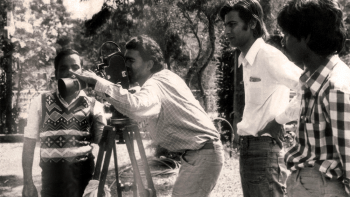



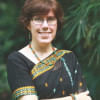


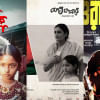


Comments